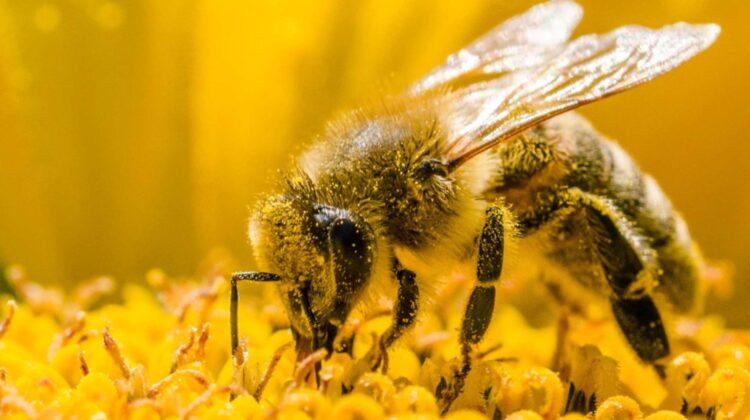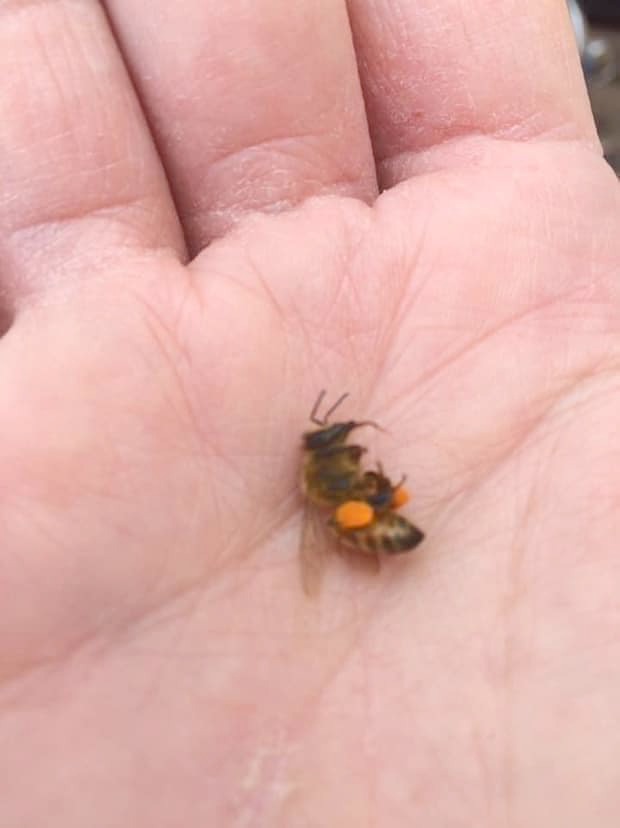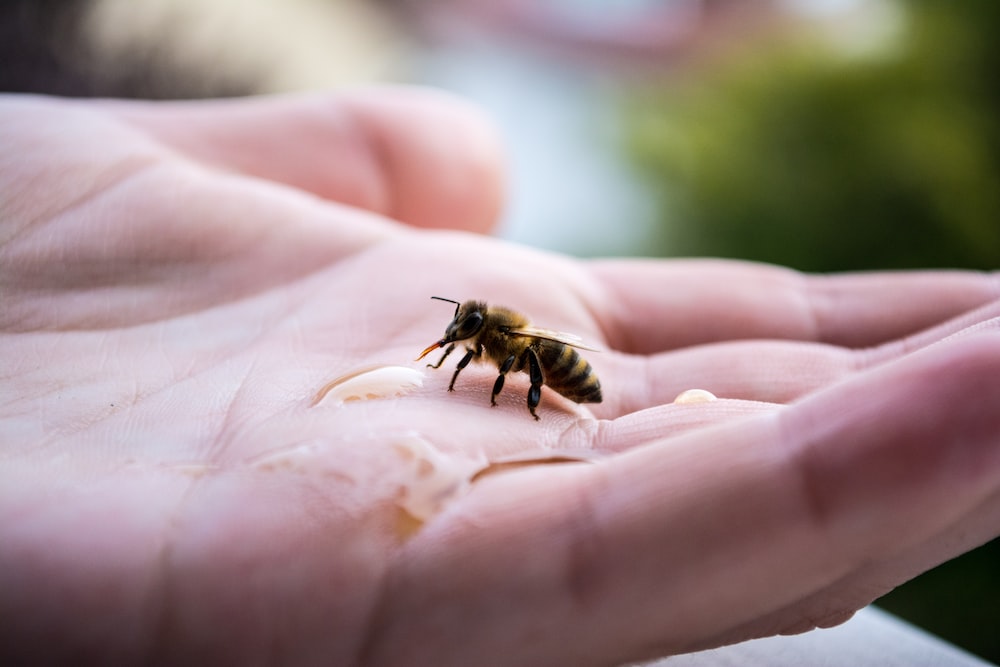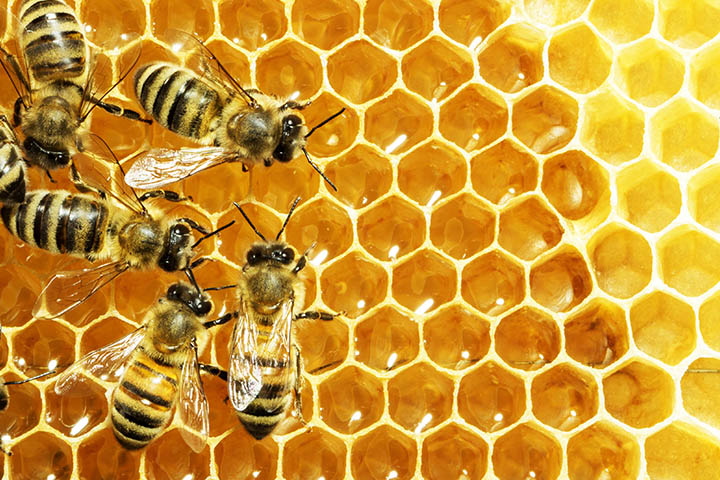
Spring is a time of renewal and growth, with flowers blooming and bees buzzing about. However, as much as we enjoy the beauty of spring, we must also be mindful of the impact our actions can have on the ecosystem around us. This is especially true when it comes to the use of weed killer on dandelions, which can have devastating effects on our local bee populations.

If you’ve ever taken a closer look at a honey bee, you might have noticed that they often have pollen stuck to their legs. This is because bees play a crucial role in pollinating flowers, which helps plants produce the fruits and vegetables that we rely on for food. In the early days of spring, dandelions are one of the first flowers to bloom, providing a vital source of food for bees that have been hibernating through the winter.
Unfortunately, the use of weed killer on these so-called “weeds” can be deadly for bees. As evidenced by the dead honey bee with dandelion pollen on her legs and her tongue sticking out, the chemicals in weed killer can be lethal for these important pollinators. This is a tragedy not just for the bees themselves, but for our food supply as well.

It’s important to remember that what we see as weeds, nature sees as food. In fact, in many cases, the so-called weeds in our yards and gardens are actually native plants that are important sources of food for bees and other pollinators. That’s why it’s crucial that we avoid using weed killer until after the blackberries have bloomed, which typically happens in the middle of June in many areas.
During this period, weeds, flowers, and fruit trees are the bees’ only sources of food. With far more weeds than flowers or fruit trees, these plants are critical to the survival of local bee populations. Without bees, we would have no food crops to sustain us, and we would all suffer the consequences.

In conclusion, it’s vital that we all take steps to protect our local bee populations by avoiding the use of weed killer until after the blackberries have bloomed. By doing so, we can help ensure that these important pollinators have the food they need to survive and thrive, and that we have a stable food supply for years to come. Remember, every little bit helps, and together we can make a big difference for our local ecosystems.

Leave a Reply